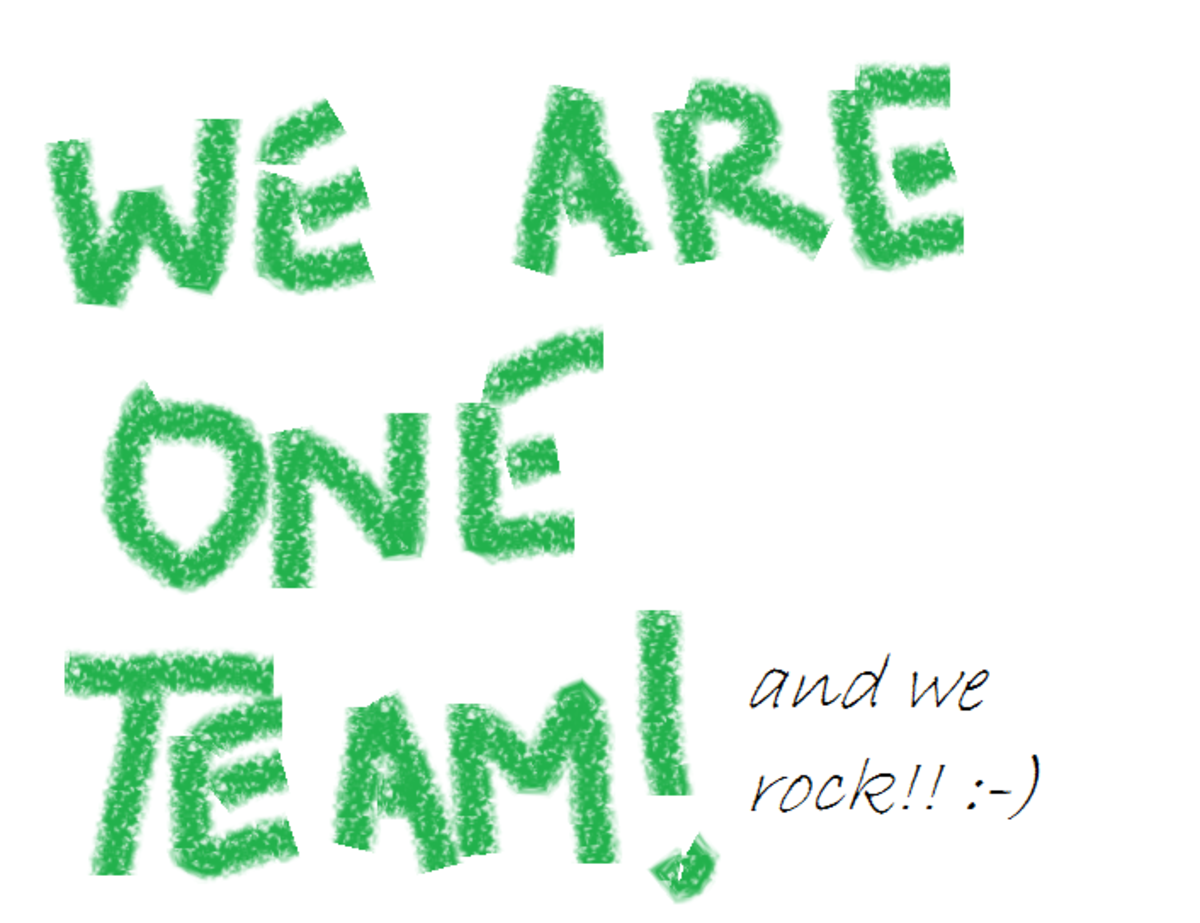How to Become a Notary
Notaries Supervised by the States in the U.S.
A notary (also referred to as a Notary Public) is a position in the legal profession that traces its origin back to ancient Rome. The powers of a notary vary greatly from nation to nation, with notaries in many nations, including Great Britain, being able to perform all or most of the functions of a lawyer except representing a client in a court of law. In all nations a notary is authorized to witness the signing of legal documents and administer oaths.
In most states in the United States and most provinces of Canada the witnessing of the signing of legal documents and administering of oaths are about the only functions a notary is allowed to perform. The two major exceptions in these two countries are the state of Louisiana and the province of Quebec, the legal systems of both being descended from the French civil law system rather than the Anglo Saxon common law system.
In the federal system of the United States, notaries are under the jurisdiction of the states and their civil authority is limited to the state which issued their commission. Since notaries are commissioned and regulated by the individual states, the powers granted to a notary and the process for becoming a notary will vary from state to state. See the links section below for links to information on the process and specific requirements of each state and U.S. territory for becoming a notary in that jurisdiction.
Except in Louisiana, notaries may not provide legal advice or legal services. Louisiana, like many nations in the world, grants notaries extensive legal authority beyond simply witnessing signatures on documents. In most other states and territories (American Samoa, Guam, Puerto Rico and the U.S. Virgin Islands) of the U.S., notaries cannot perform the functions of a lawyer and lawyers usually are not allowed to perform the functions of a notary unless they have also qualified as a notary (some states do grant notary powers to lawyers upon admission to the state bar).
Becoming a notary usually involves the passing of a simple test, submitting proof good moral character and having a clean legal record. Most states require that the person be a resident of the state and some require that the notary be a U.S. citizen. Some states require that a notary complete a short course (usually a self-study course but, depending upon the state, attendance in class may be required). Most states charge a fee with the application and grant the commission for a limited period of years. Notary commissions can be renewed upon submission of an application for renewal with the appropriate fee. Continuing education may be required to maintain or renew a notary commission. Notary commissions may be revoked by the issuing state if the notary breaks the law or violates the rules governing notary behavior in their official capacity.
Upon receiving a commission, a notary is given a certificate recognizing them as a notary. The notary then has to purchase a seal and book in which to record information about the people whose signatures they witness. A notary does not have to personally know the person signing the document. Instead the notary simply verifies the person's identity by examining identification such as a driver's license (again, acceptable forms of identity depends upon the laws of the state and can vary from state to state). The signing person's name, type of identification presented, the date of signing and, depending upon the state, other information, is entered into the notary's log book which can later be referred to in the event of a dispute over the legitimacy of the signer (it is not the notary's job to authenticate the identification documents, unless the notary knows or suspects the identification document(s) is/are fake they simply accept and record them and a court of law will determine their authenticity in the event of a later dispute).
Notaries are allowed to charge for their services. While the fees they can charge will usually be regulated by the states, in most cases now days banks and other organizations that require frequent use of notaries simply designate certain employees to become notaries (with the company paying any fees) and these people perform notary duties as a part of their job. Notary services are then provided by these companies at no extra charge to customers.
While they cannot
charge for their services during normal work time, such notaries can
usually charge for their notary services (usually a couple of dollars
or less per signature) outside of their regular work provided they
follow any state regulations regarding fees AND don't violate any
policies their employer may have regarding outside work as a notary.
Links for becoming a notary
- National Notary Assoc Page for State requirments to be a Notary
This page contains a map of the 50 U.S. states. Clicking on a state will provide information about requirments for becoming a notary in that state. There is also a drop down box that lists all 50 states plus the territories of American Samoa, Guam - Home Page of National Notary Assoc
This is the national trade association for Notaries and as such is a good source of information for news affecting the profession as well as resources for professional development and general information.









